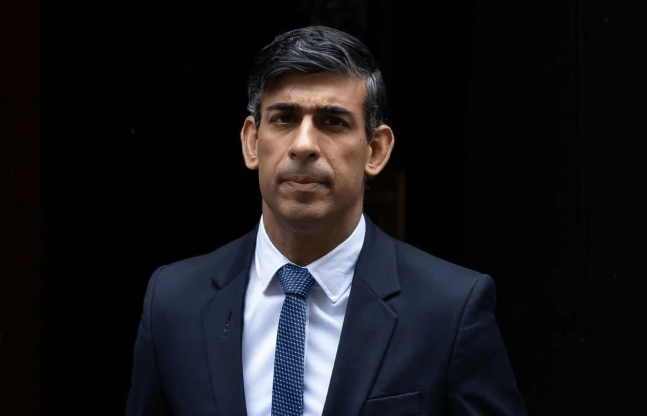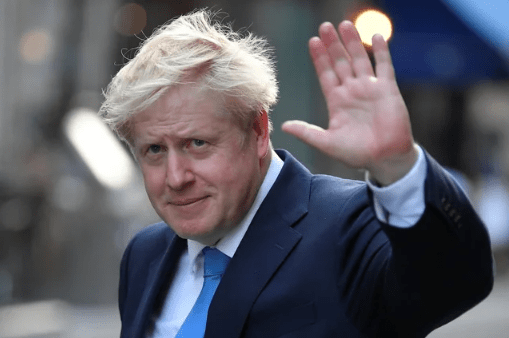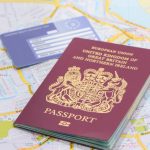Former Prime Minister Boris Johnson has fiercely rejected claims that he triggered a huge rise in immigration during his time in office choosing instead to point fingers at both his predecessors and successors.
In a fiery defence of his immigration record, Boris Johnson has lashed out at fellow Tory leaders Rishi Sunak and David Cameron, claiming they, not he, are to blame for the UK’s record-breaking net migration figures.
Boris Johnson Hits Back Over Surging Migration
Brushing aside the term “Boriswave” coined by Nigel Farage, the ex-PM insisted he delivered on his core Brexit promise: “My mandate was to take back control and that’s what I did.”
But immigration figures tell a different story. During Mr Johnson’s final full year in No.10, net migration soared to around 745,000 more than triple the average annual number before he took office.
The total “Boriswave” during his time in power is estimated at 2.6 million people. Still, Johnson isn’t taking the blame.
“Rwanda was the only way to get people back. I don’t know why we didn’t implement Rwanda. Why did we go to the country before we got that done? That was a mistake.”
Rwanda Plan Revived
Mr Johnson remained adamant that his controversial Rwanda policy – aimed at tackling illegal immigration via the Channel was a solid solution.
He took aim at Rishi Sunak for failing to push the scheme forward and urged Labour leader Sir Keir Starmer to revive the policy, calling it: “a very good policy. It would have solved the small boats thing.”
He also accused Mr Sunak of being more concerned with distracting policies such as “compulsory maths A-level and banning cigars” than dealing with the immigration crisis.

In a candid interview with The Telegraph, the former PM admitted his government lacked full clarity on the number of arrivals during his tenure, blaming the system he inherited: “We didn’t know how many EU students had come back.
We didn’t know how many people were going to take up either the Ukrainian scheme or the Hong Kong scheme. And those numbers were very high…”
He argued that unique post-pandemic circumstances led to an influx, including:
- Ukrainian refugees fleeing war
- Hong Kong citizens escaping Chinese crackdowns
- Returning EU students finishing university courses
Yet, Johnson maintained that under his leadership, Britain regained full democratic control over immigration laws.
He also pointed to early pandemic years as a counterbalance to the migration spike, reminding the public of empty petrol pumps and worker shortages: “Every single government department was saying that they couldn’t be sure that the crops were going to be picked.
Or the pigs were going to be slaughtered in time for the pigs in blankets for Christmas. Or the fuel stations. Do you remember this?”
Frosty With Farage, Critical of Cameron
Relations remain icy between Johnson and Reform UK leader Nigel Farage. Notably, Mr Johnson refused to refer to Farage by name and ridiculed his stance on Russian President Vladimir Putin: “Anyone who thinks war started because of Nato encroaching is out of their mind.”
He also rejected Lord David Cameron’s longstanding pledge to cut net migration to “the tens of thousands”, saying: “Did you ever hear me saying that during the Brexit campaign? The answer is: no, you didn’t.”

A Divided Right and a Fragmented Legacy
This heated exchange comes as the Conservative Party continues to reel from internal divisions, growing Reform support, and public disillusionment with post-Brexit promises.
Immigration remains one of the top voter concerns ahead of the next general election.
Despite presiding over record immigration numbers, Boris Johnson insists his legacy is one of control, not chaos. His latest remarks reveal the growing rift within the right and a clear refusal to accept blame.
As the debate rages, one thing is clear the “Boriswave” has left lasting political ripples. Whether voters buy Johnson’s version of events remains to be seen.






